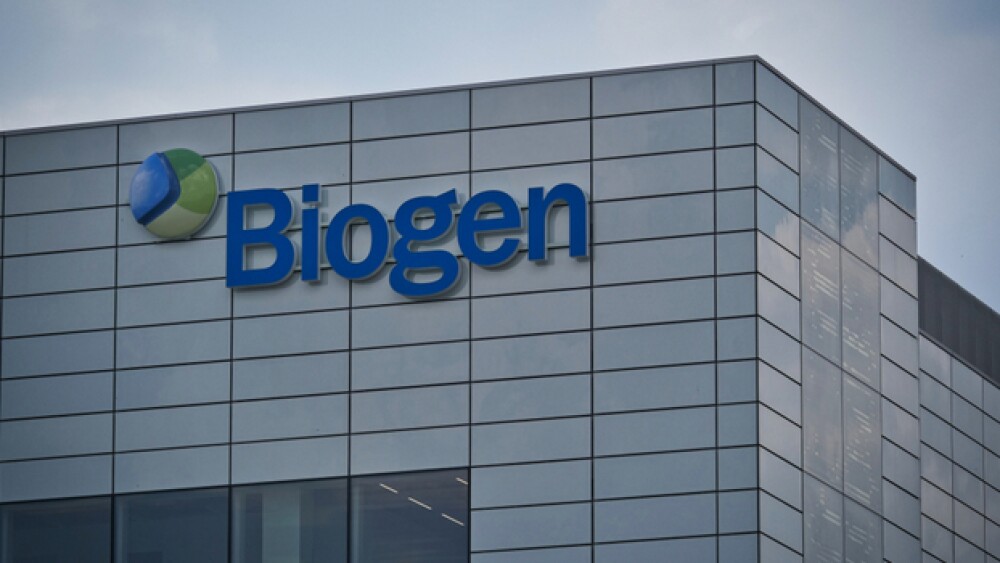The company sent the medication to a Florida neurology clinic free of charge.
PictureDesignSwiss/Shutterstock
Biogen is reportedly offering free doses of its Alzheimer’s drug, Aduhelm (aducanumab). According to a Reuters report, the company sent the medication to a Florida neurology clinic free of charge.
A neurologist at Florida’s First Choice Neurology, Jeffrey Gelblum, said, “We have been using the Biogen access program — it is almost like a sample program — to get patients started.”
The drug, which was approved by the U.S. Food and Drug Administration (FDA) on June 7, has been mired in controversy ever since. It was authorized against the recommendation of its own Peripheral and Central Nervous System Drugs Advisory Committee, which voted against recommending it in November 2020. Three members of the panel resigned in protest.
The FDA also utilized an Accelerated Approval pathway, which requires follow-up studies for continued approval, and based it on a surrogate endpoint, clearance of beta-amyloid, instead of relief of symptoms. The advisory committee had asked if the agency planned on using surrogate endpoints and was told the agency did not expect to do so.
In addition, the drug has a price tag of approximately $56,000 per patient per year. While it is nowhere near being the most expensive drug on the market, the number of Alzheimer’s patients in the U.S. exceeds 3 million. Although Biogen and the FDA have since modified the drug’s label to early-stage disease, it is still an expensive prescription for a large population of patients, most of which would be on Medicare.
The Centers for Medicare & Medicaid Services (CMS) is still reviewing their pricing strategy for the drug.
Drug companies often offer free medications via patient assistant programs, “however, we have never heard of that for an injectable, infused drug,” Steven Lucio, Vice President of Vizient Inc., which partners with about half of U.S. hospitals to buy drugs, told Reuters.
The uptake of Aduhelm has been slow. Many, including the Veterans Health Administration (VHA) argue that there isn’t enough evidence of clinical benefit to justify widespread use. In addition, several insurers, such as UnitedHealth Group Inc., which is the largest private insurer supplying Medicare Advantage to seniors, indicated they are waiting for more information from Medicare.
“Mainly because of the uncertainty around insurance coverage … most doctors and systems are in a holding pattern,” said Anton Porsteinsson, director of the University of Rochester Alzheimer’s Disease Care, Research and Education Program. Porsteinsson’s facility is only using the drug in the context of clinical trials.
A Morgan Stanley survey of 78 neurologists indicated about half were willing to prescribe Aduhelm, but almost two-thirds said the FDA should not have approved the drug. Only eight of the survey participants had recommended it, with six reporting Medicare claims had been paid as of early August.
In the case of Florida’s First Choice, it has treated more than 30 patients with the drug, but only the first doses of two of those patients have been charged to Medicare. The first and second doses for the other patients came from the Biogen free program. Gelblum also said Medicare had reimbursed the clinic for the infusion aspect of claims but not for the drug itself. He does expect that to occur, though, in the next few weeks.
The Medicare review is expected to have a proposed decision by the end of the year and a final decision three months after. At this time, coverage is decided at the local level by Medicare administrative contracts, which have 12 jurisdictions across the country.





